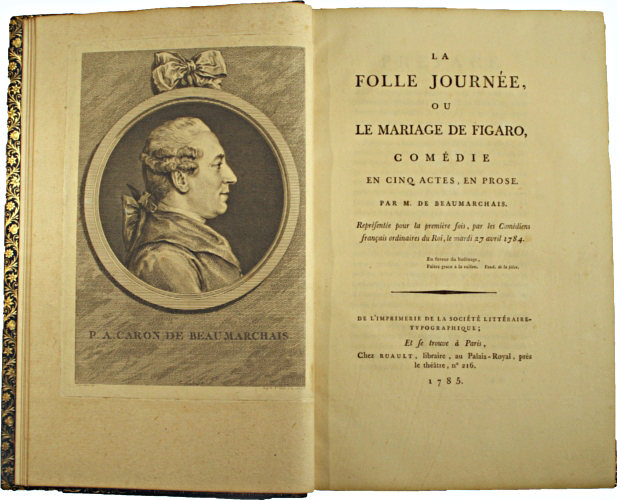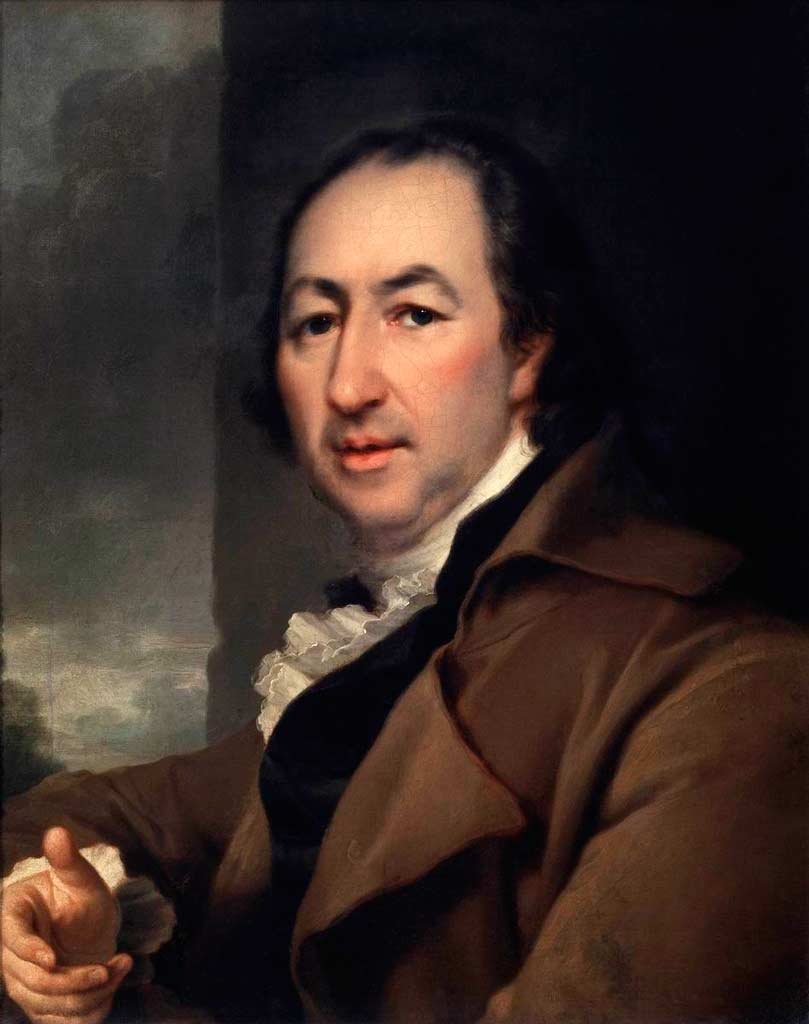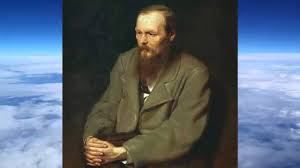golden key
“Woe from Wit” and “Misanthrope” by Moliere
 Of foreign works, the comedy by Moliere “Misanthrope” was especially important for “Woe from Wit” (see the summary, analysis and the full text). Studies by Professor Alexei Veselovsky showed that the image of Alceste was reflected in Chatsky: in the work of Griboyedov, the love story of the main character of “The Misanthrope”, Alceste, was repeated. Finally, the similarities are observed in some trifles. Of course, such a borrowing doesn’t make Griboedov’s comedy non-independent: if the form and some details were borrowed, then its content remained deeply Russian. Continue reading
Of foreign works, the comedy by Moliere “Misanthrope” was especially important for “Woe from Wit” (see the summary, analysis and the full text). Studies by Professor Alexei Veselovsky showed that the image of Alceste was reflected in Chatsky: in the work of Griboyedov, the love story of the main character of “The Misanthrope”, Alceste, was repeated. Finally, the similarities are observed in some trifles. Of course, such a borrowing doesn’t make Griboedov’s comedy non-independent: if the form and some details were borrowed, then its content remained deeply Russian. Continue reading
“The Brothers Karamazov”
 Dostoevsky writes not a philosophical treatise or a theological system, he writes a novel. Religious-philosophical material is introduced into the framework of the romantic genre and is developed according to its laws. A tense-dramatic plot is being built, in the center of which stands a mysterious crime; ideological masses are involved in a whirlwind of action and, colliding, cause spectacular explosions. In The Brothers Karamazov, the religious mystery is paradoxically combined with a criminal novel. For all its philosophical depth, it is one of the most fascinating and popular works of Russian literature. Continue reading
Dostoevsky writes not a philosophical treatise or a theological system, he writes a novel. Religious-philosophical material is introduced into the framework of the romantic genre and is developed according to its laws. A tense-dramatic plot is being built, in the center of which stands a mysterious crime; ideological masses are involved in a whirlwind of action and, colliding, cause spectacular explosions. In The Brothers Karamazov, the religious mystery is paradoxically combined with a criminal novel. For all its philosophical depth, it is one of the most fascinating and popular works of Russian literature. Continue reading



